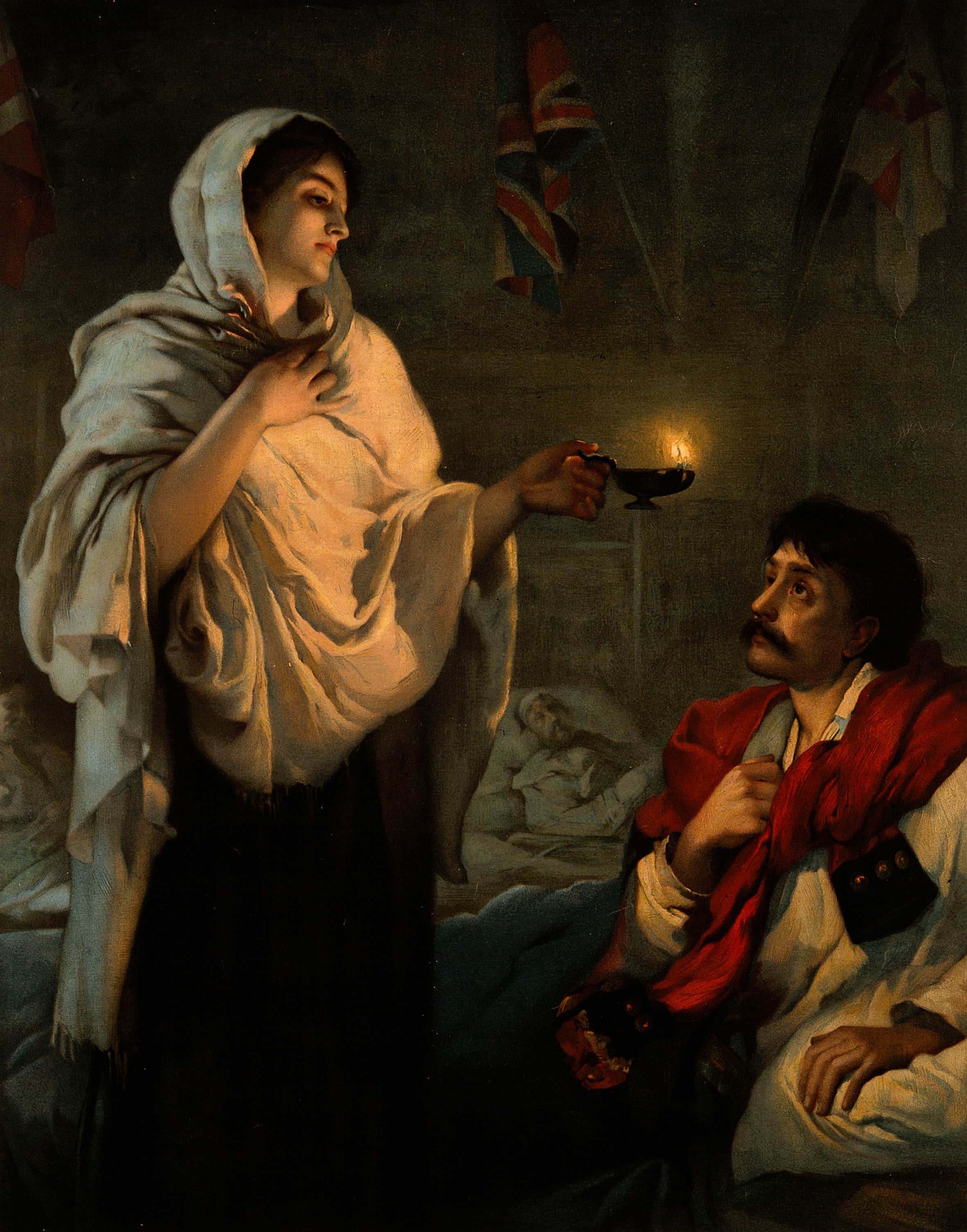International Womens Day Blog Series (3 of 4)
In the build-up to International Women’s Day on the 8th of March, I’ll be writing a short blog series regarding some of the famous and not-so-famous women of the world; women who have triumphed in the face of adversity and overcome challenges both worldly and personal. Nursing pioneer Florence Nightingale is the subject of our third instalment of this series.

Florence Nightingale was born on the 12th of May 1820 in the Italian city she was named after. As with all the women in this blog series, Nightingale would go on to achieve great things, but unlike our previous subjects, Nightingale came from an upper-class background and actually worked her way down, as nursing was seen as a working-class woman’s job during this time. Affluent young women of the 1800’s were only meant to be wives and mothers, nothing more; its telling that Florence never married or had children. Her early life was particularly rosy, she enjoyed an upper-class lifestyle and education and her father William would take the family on tours of Europe. Even in her early days she would find herself caring for the sick, whether it was a family member or a local in the nearby village. But it wasn’t until the spring of 1937 believing that God had spoken to her in her dreams, that she became truly impassioned to devote her life to nursing. She encountered strong resistance from her family upon telling them of her plans, particularly from her mother and sister. It would take her more than 20 years to fully commit to and learn her vocation, and she would eventually take a post as superintendent at the Institute for the Care of Sick Gentlewomen in Upper Harley Street, London a year before the beginning of the Crimean War.
The Crimean War is where Florence Nightingale truly made a name for herself. Upon arriving at the Selimiye Barracks in Scutari (formally an area in Istanbul), Nightingale found that the medical team was understaffed and over worked, and providing poor care in dirty, unsanitary conditions. Men were littered around the barracks with hay used to soak up the blood on the floor, the food was poorly processed, and more men were dying of diseases spread throughout the hospital than their war wounds. Florence worked to install more sanitary conditions to the hospital, even processes as simple as washing hands before seeing to patients. But the key moment was when a plea written by Florence to The Times newspaper was published, and subsequently a prefabricated civilian hospital was sent to Scutari – once the new build was up and running the mortality rate dropped from 42% to 2%. Following the new hospital was a report which popularised her nickname ‘The Lady with the Lamp’, as she would often do nightshifts on her own. Her time in Istanbul would make for the foundations of her legacy, as upon her return home she would present her evidence for the need of sanitary conditions in medical areas to the Royal Commission of Health in the Army, and go on to be a great advocate for hygiene in hospitals, the effects of which we still see in hospitals today.
After the Crimean War, Nightingale reduced her involvement of in-field nursing and moved onto teaching her methods of the trade. She would set up the Florence Nightingale School of Nursing and Midwifery which lives on to this day as part of London’s King College, and at the time her student nurses would go on to become matrons at major hospitals throughout Britain. In her later years, her sanitation activism would move from hospital level to the realms of governance, where she lobbied for social reform and stronger legislation, eventually culminating in the Public Health Acts of 1874 and 1875. These acts would have been considerably weaker if not for Nightingale, and along with giving more power to local authorities (which Nightingale also had a hand in) would contribute to a 20-year rise in life expectancy from 1871 to the mid 1930’s.
Florence Nightingale died peacefully in her sleep at the age of 90 in 1910, with many honours, including a Royal Red Cross bestowed by Queen Victoria. Against a backdrop of social restraints in Victorian England, Nightingale rose above it all to become a powerful woman in a world dominated almost completely by men.
